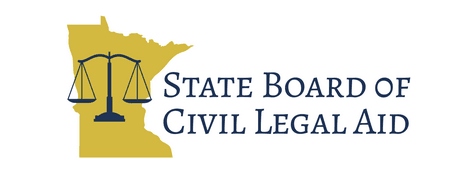Premium
A premium is the amount of money you pay each month to keep your health insurance. You pay it whether or not you get healthcare services. Think of it as a monthly fee to be part of a health plan.
Deductible
A deductible is the amount you have to pay by yourself each year before your health insurance starts helping with costs.
For example, if your deductible is $4,000, you have to pay the first $4,000 of your medical bills out-of-pocket. After that, your insurance helps to pay the costs.
Copay
A copay is a set amount you pay each time you go to your healthcare provider or get a medication. You usually pay it when you are at the appointment or getting the medication. Copays usually do not count toward your deductible.
Example: you pay $20 for each doctor visit or $10 every time you pick up a medication.
Coinsurance:
Coinsurance is the percentage of a medical bill that you have to pay, versus the percentage your health insurance pays. You pay the coinsurance amount only after you have paid the full deductible.
Example: if you have 20% coinsurance on a $100 bill, you pay $20.
Out-of-Pocket Maximum:
Your out-of-pocket maximum is the most you will have to pay each year for medical care and medications (as long as you go to in-network providers and pharmacies). Once you hit this amount, your insurance pays 100% of the costs for covered services for the rest of the year.
Example: if your out-of-pocket maximum is $9,000, after you have paid $9,000 in deductibles, copays, and coinsurance, your insurance covers the rest of the costs for in-network covered services for the rest of the year.
Formulary (Prescription Drug List)
This is a list of prescription medicines that your insurance will help pay for. The list is split into levels, called “cost tiers.” Medications on lower tiers (like Tier 1 generics) usually cost you the least. Medications on higher tiers (like Tier 4 specialty drugs) usually cost you more.
Prior Authorization
Some treatments or medicines need your insurance company’s approval before you can get them, in order for insurance to pay for them. This is called prior authorization.
Each insurance plan has its own list of what needs prior authorization, so always ask your doctor and insurance company about prior authorization before starting a new treatment or medicine. You should also check with your insurance company at the beginning of each year to see if prior authorization rules have changed for any of your ongoing treatments or medicines.
Balance Billing
Balance billing is when an out-of-network provider charges you for the difference between the total cost for a service and what your insurance pays.
Example: an out-of-network provider bills $200, but your insurance only pays $100.You might be billed for the other $100.
Explanation of Benefits (EOB)
This is a paper or online notice from your insurance company. It is not a bill. It shows details about:
- What your healthcare provider charged
- What insurance paid (and why)
- The amounts of your deductible, copay, and coinsurance (called patient responsibility or member responsibility).
In-Network vs. Out-of-Network Providers:
In-network providers have contracts with your insurance company. They usually cost less for you.
Out-of-network providers do not have contracts. They usually cost much more for you.
Always check if a provider is in your network before receiving care to avoid surprise costs.
Covered Services vs. Non-Covered Services:
Covered services are treatments or procedures that your health insurance will pay for if they are medically necessary for your condition.
Non-covered services are treatments or procedures that your health insurance will not pay for at all (even if they are in-network)
Example: cosmetic surgery usually is a non-covered service unless it is needed for medical reasons, like breast reconstruction after mastectomy. You will have to pay the entire cost of non-covered services.
















